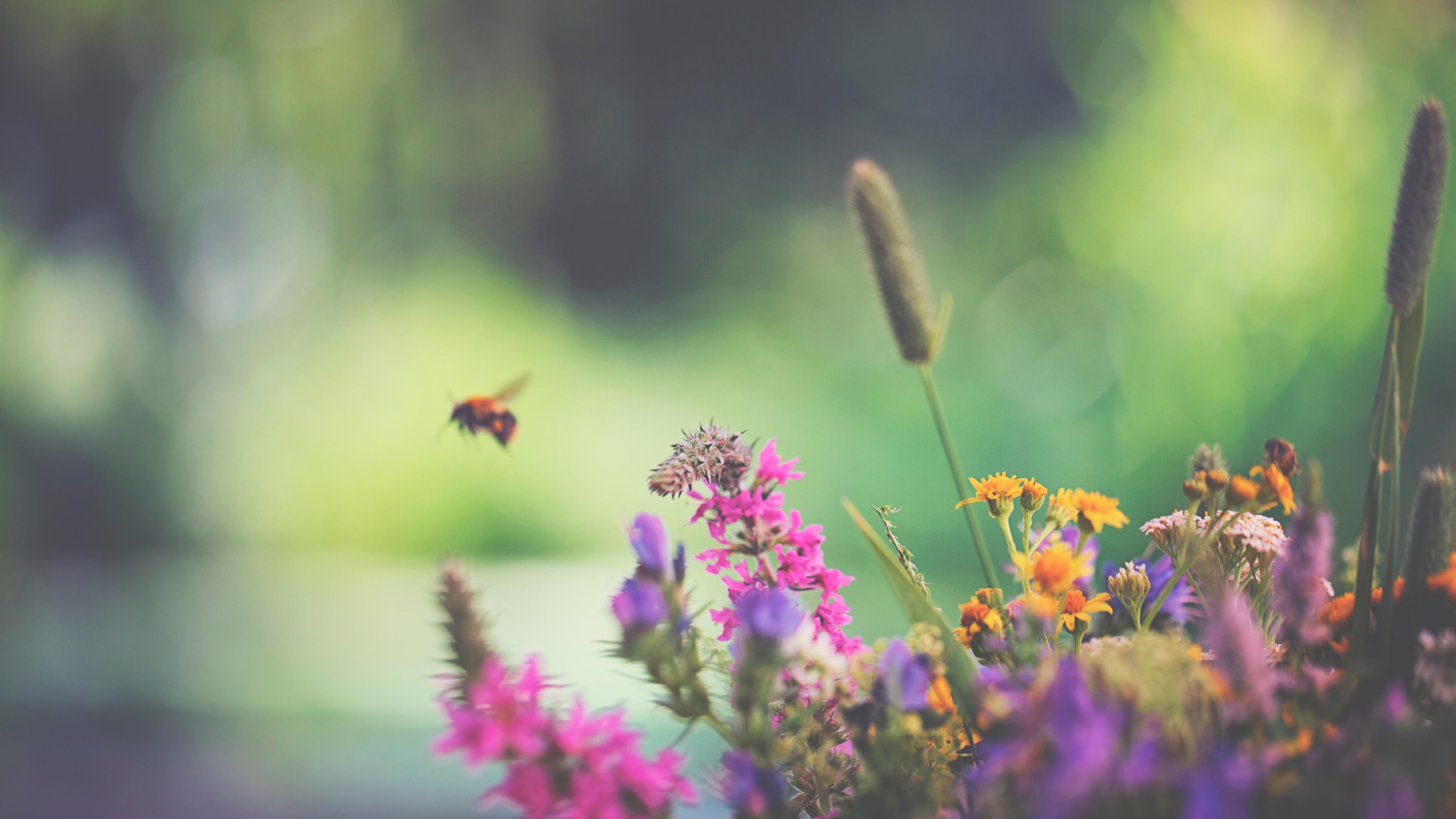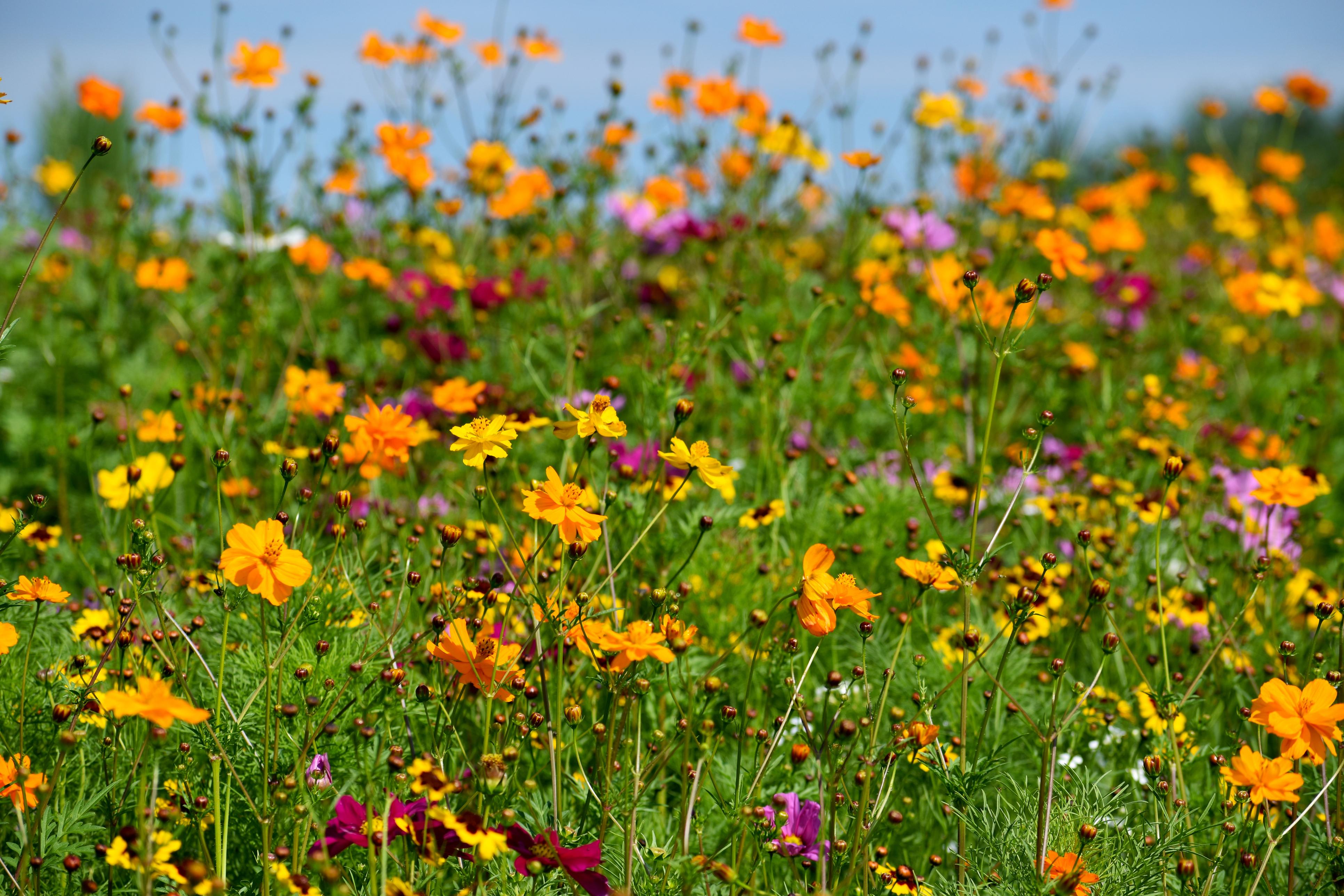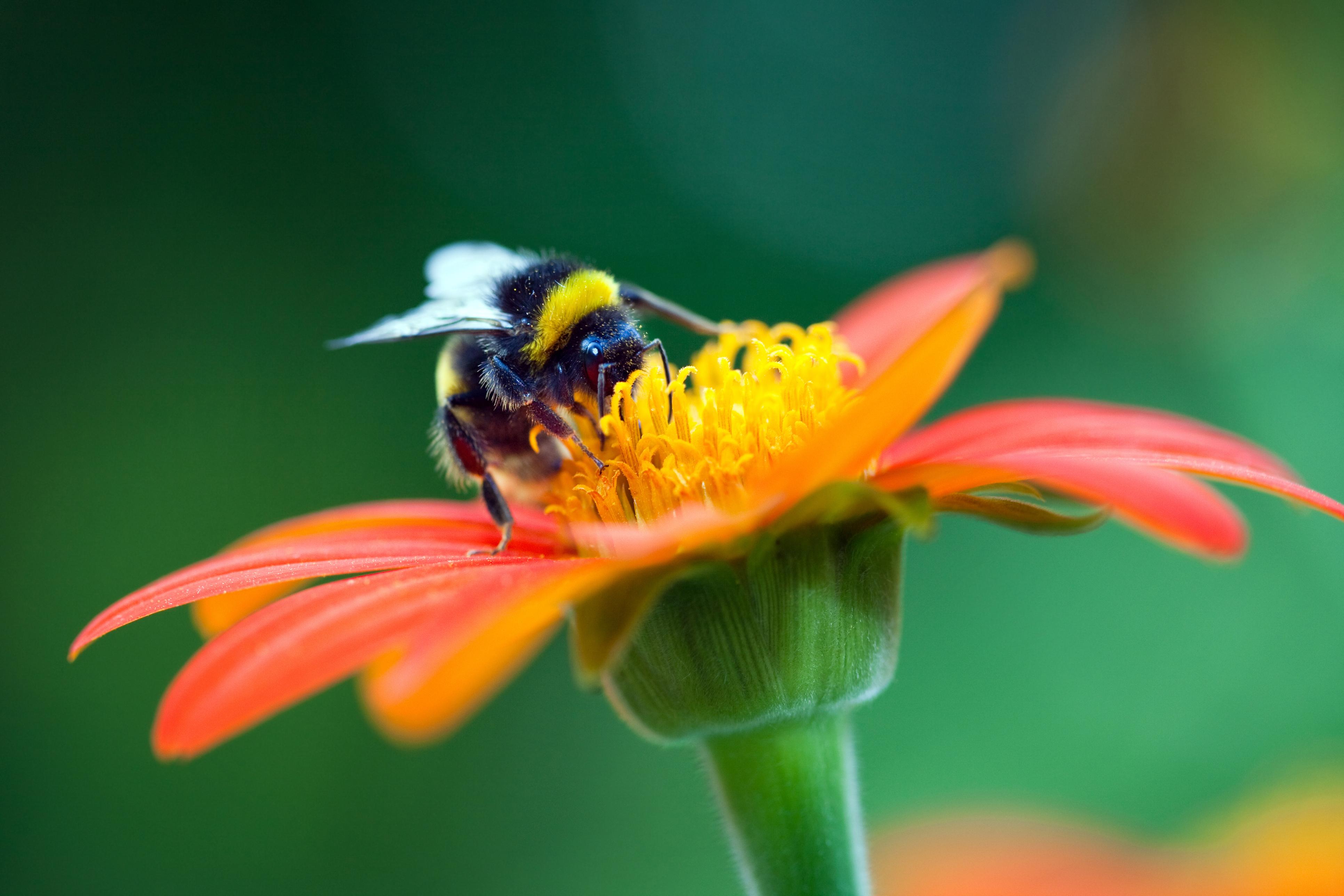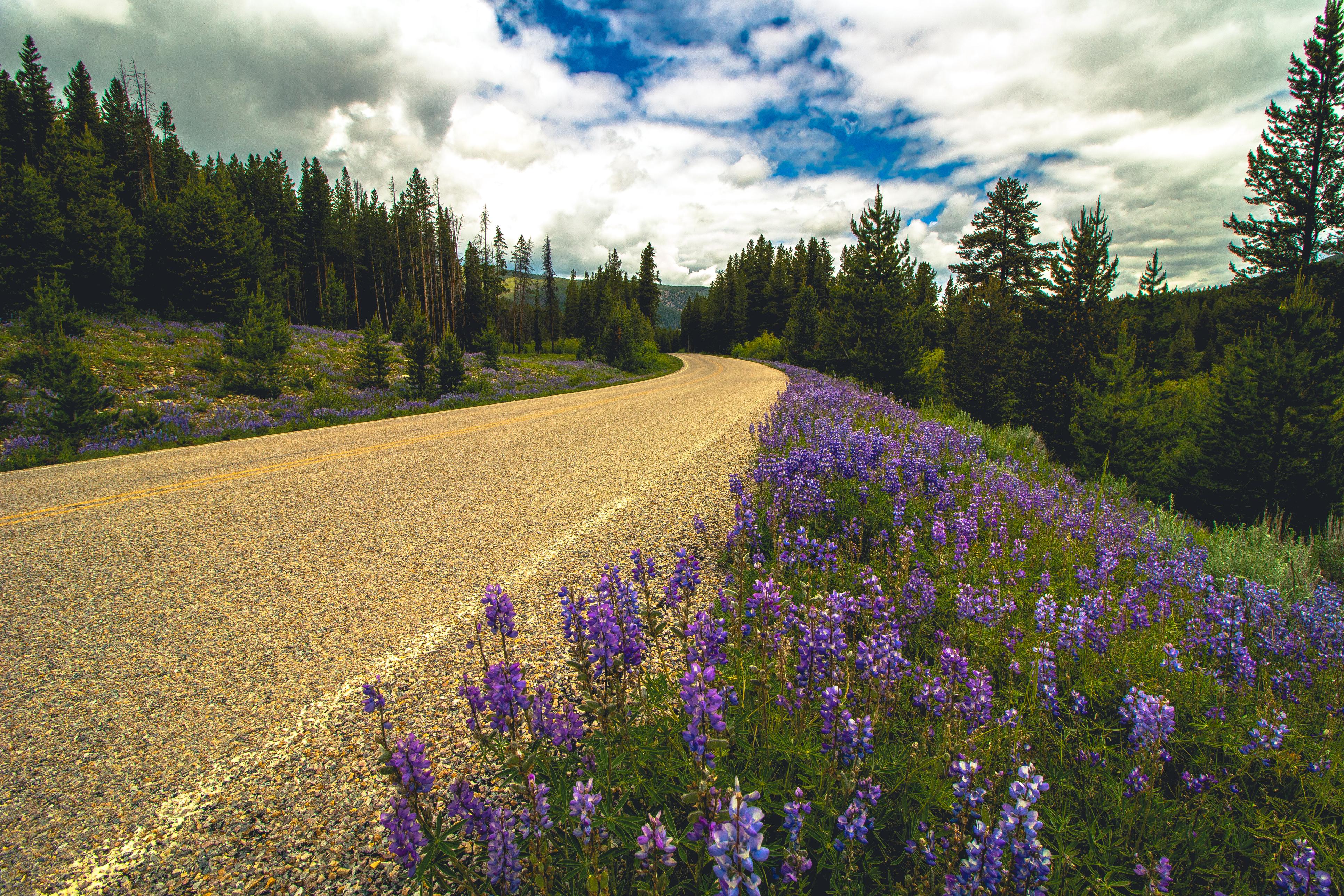Bees and Wildflowers Might Make a Comeback Amid Coronavirus
Updated April 20 2020, 4:53 p.m. ET

The planet is on pause as we try to flatten the curve of COVID-19. This means people are staying inside, practicing social distancing, and doing their best to help slow the spread of the coronavirus so that we may eventually return to some type of new "normal."
While humans may be finding this quarantine difficult and, at times, deteriorating to their spirit and physical health, the same cannot be said for other species. Some species are actually thriving in the absence of humans.
The Independent reported, rare wildflowers and the wildlife dependent upon them for survival – such as bees, bats, and butterflies – could have their best summer for years as a result of the UK’s coronavirus lockdown, according to a leading conservation charity.
Lazy lawn keeping could be the reason for the flourishing of other species.
The not-for-profit group Plantlife has been urging people to ease up on their obsession with landscaping and lawn grooming in order to give bees their proper space to pollinate. But now, according to BBC News, the coronavirus may be the most effective advocate for lazy lawn keeping. With millions of people on lockdown, the grass on both private and public lands is growing scruffier.

Wildflowers are also benefitting from this halt in lawn grooming. Plantlife wrote, “There’s hope that reduced cutting frequencies might be a silver lining for verge wildflowers, giving once-familiar flowers, such as white campion, betony, greater knapweed and harebell, the chance to grow, flower and set seed.”
More wildflowers means more bees to pollinate.
The more wildflowers left from not mowing, the more bees will pollinate. In the U.K., grass-trimming on public lands has fallen by the wayside due to coronavirus. The organization claims the result will likely be a boom in bright, colorful curbside meadows over the summer, and those wildflowers will draw bees, butterflies, birds, and bats.

Kate Petty, the group’s road verge campaign manager, said the extraordinary short-term circumstances of the pandemic could help to shift opinions and policies with long-term benefits for threatened species such as wood-calamint.
“The fix is startlingly straightforward. Simply cutting verges less and later will save plants, money and reduce emissions. We need to rewild ourselves and accept nature’s wonderful ‘messiness’,” she said.
The public opinion seems to be changing as wildlife continues to grow.
"We have seen an upsurge in members of the public complaining that their councils are cutting the daisies," botanist Trevor Dines told the BBC, "These sort of comments used to be outweighed by people complaining about untidy grass verges, but it seems as though the balance has shifted.

Conservationists, like Trevor Dines, are hopeful that while coronavirus is devastating, there may be a silver lining in the flourishment of species that were in trouble and becoming increasingly rare. He continued, "Obviously we're extremely worried about the COVID-19 crisis and want it to end as quickly as possible. But if councils do change their methods because of the crisis, they might find it wins public support, which would be good for the future."
The best way to prevent contracting or spreading coronavirus is with thorough hand washing and social distancing. If you feel you may be experiencing symptoms of coronavirus, which include persistent cough (usually dry), fever, shortness of breath, and fatigue, please call your doctor before going to get tested. For comprehensive resources and updates, visit the CDC website. If you are experiencing anxiety about the virus, seek out mental health support from your provider or visit NAMI.org.